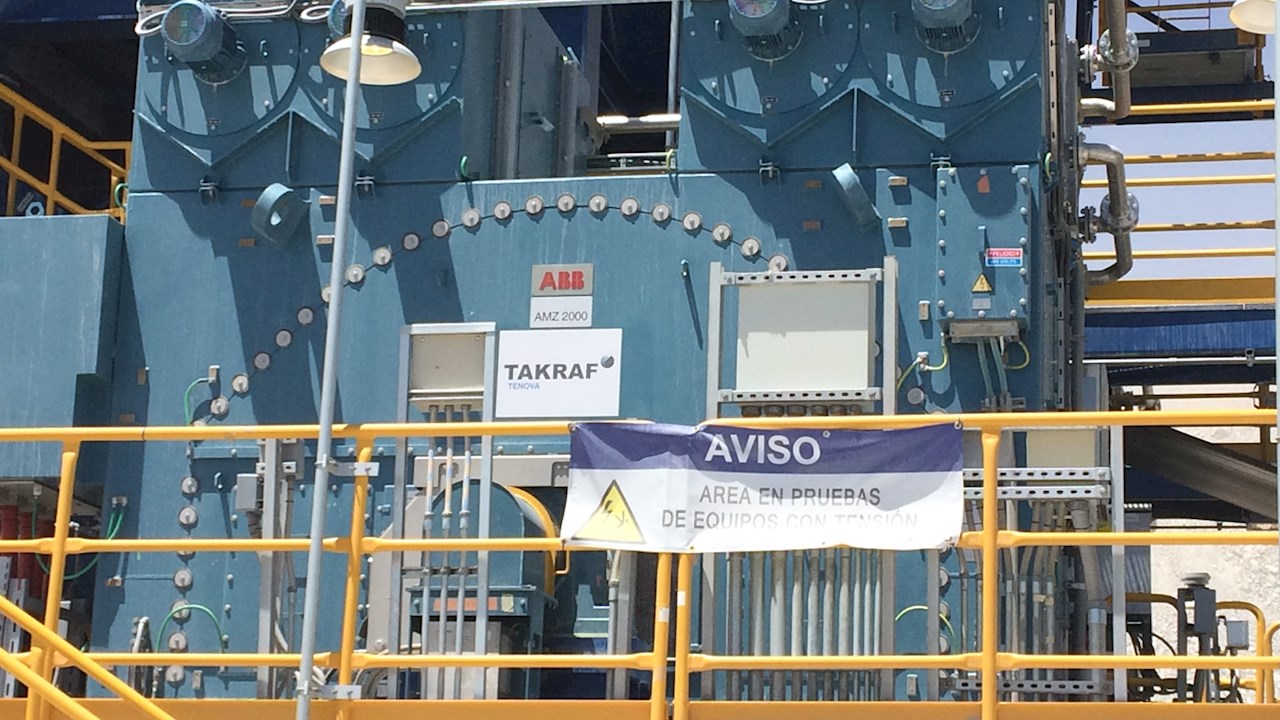Conveyor: The Legal Definition

In the machinery industry, a conveyor refers to a mechanical device that is used in the movement of materials from one location to another. It is used in different manufacturing and production processes, such as assembly lines, packaging, and material handling.
In the legal dictionary, a conveyor is defined as a person or entity that transfers or conveys property or goods from one person or place to another. It is often used in the context of contracts, where a conveyor can be one of the parties involved in the transaction.
The legal definition also includes the concept of a "conveyor belt," which refers to the continuous looped system used in the transportation of materials or goods. It can be found in various industries, such as mining, agriculture, and manufacturing.
Application of Conveyor in the Machinery Industry
The role of conveyors in the machinery industry cannot be overstated. They are a critical element in the processing of materials and goods, facilitating their movement from one point to another in the production process. Conveyors can be used for a range of operations, from simple material handling to complex assembly line production.
One of the essential benefits of using conveyors in the machinery industry is their ability to increase productivity and efficiency. The conveyor's automation and continuous operation allow for faster processing of materials, reducing labor costs and increasing output. Additionally, conveyors can be customized to fit specific production needs, optimizing the workflow within the manufacturing plant.
In addition to increasing production efficiency, conveyors can also improve workplace safety. By automating material handling, workers are exposed to fewer hazards such as falls or lifting injuries. Moreover, the risk of product damage due to mishandling or human error is significantly reduced when using conveyors.
Types of Conveyors
There are numerous types of conveyors used in the machinery industry. Some of the most common types include:
1. Belt Conveyor: This is the most commonly used type of conveyor. It uses a belt to move materials along a continuous looped system.
2. Roller Conveyor: Similar to the belt conveyor, but uses rollers instead of a belt to move the materials.
3. Screw Conveyor: This type of conveyor uses a rotating screw to move bulk materials along its length.
4. Chain Conveyor: It uses a chain to move materials along a continuous looped system.
5. Pneumatic Conveyor: This conveyor uses airflow to move materials, making it ideal for handling fine powders or materials.
Conclusion
In conclusion, a conveyor is a critical component in the machinery industry, facilitating the movement of materials from one location to another. The legal definition of a conveyor includes both the physical device and the person or entity involved in transferring materials or goods.
The use of conveyors in the machinery industry offers numerous benefits, including increased productivity and efficiency, improved workplace safety, and reduced product damage. With various types of conveyors available for different applications, it is essential to choose the one that fits the specific production needs of the manufacturing plant.